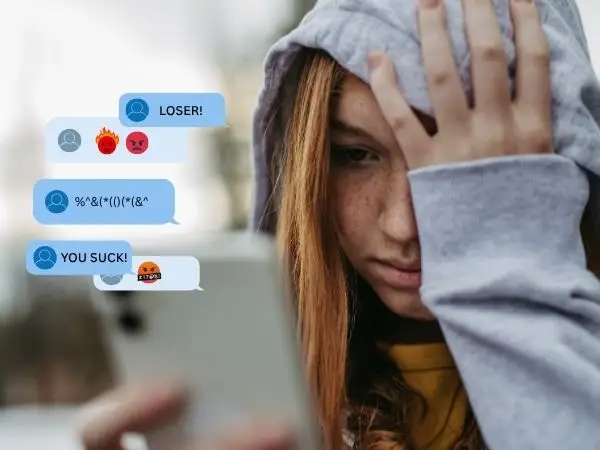It starts innocently — a phone notification, a group chat, a post. But for many children in South Africa, those digital spaces have become grounds for bullying, intimidation, and emotional harm.
Cyberbullying has evolved from playground gossip into public humiliation — sometimes with devastating consequences.
As a parent, you may feel powerless. But under South African law, you have legal tools to protect your child — and stop the abuse.
This guide breaks down what counts as cyberbullying, what the law says, how to report it, and how to protect your child both emotionally and legally.
What Legally Counts as Cyberbullying in South Africa
Under South African law, cyberbullying is not just “kids being mean online.”
It is recognised and punishable under several Acts:
- The Protection from Harassment Act 17 of 2011 — Protects anyone (including minors) from harassment, intimidation, or unwanted contact online.
- The Cybercrimes Act 19 of 2020 — Criminalises harmful digital communication, data messages intended to cause harm, and online intimidation.
- The Children’s Act 38 of 2005 — Requires adults and institutions to protect children from abuse, including psychological harm.
These laws work together to ensure that bullying in digital spaces is treated as seriously as abuse in real life.
Real-Life Examples of Cyberbullying
- Sharing private photos or messages without consent
- Posting humiliating content or memes about a child
- Excluding a child from group chats or spreading rumours online
- Threatening messages on social media or gaming platforms
- Impersonating someone online to damage their reputation
If your child is experiencing any of the above, you’re not overreacting — you’re protecting their mental health and dignity.
Step-by-Step: What to Do if Your Child Is Being Cyberbullied
1. Stay Calm and Supportive
Your first response matters. Avoid taking away your child’s phone — this can isolate them further. Instead, listen, reassure, and make it clear they’re not to blame.
2. Gather Evidence
Take screenshots of messages, comments, or images. Note usernames, dates, and times.
This information will form your legal record if the matter escalates.
3. Report the Bullying to the Platform
All major social media platforms — Instagram, Facebook, TikTok, and WhatsApp — have reporting mechanisms for harassment. Save proof that you reported the incident.
4. Notify the School
If the bully is a classmate, notify the principal or school counsellor. Schools in South Africa are legally obligated to intervene and prevent ongoing harassment.
5. Seek Legal Protection
If the bullying persists, you can apply for a Protection Order under the Protection from Harassment Act.
This order can:
- Prevent further digital contact
- Require the bully to remove offensive posts
- Lead to arrest if the order is violated
Understanding the Cybercrimes Act
The Cybercrimes Act 19 of 2020 gives South African law enforcement the power to act swiftly.
It covers crimes like:
- Cyber harassment
- Revenge porn (sharing intimate images without consent)
- Threats or intimidation through electronic messages
If a bully’s behaviour includes threats or non-consensual image sharing, they can face criminal charges — not just school discipline.
Protecting Your Child’s Digital Future
Legal protection is one part — education is another.
Teach your child:
- Never to share passwords or personal information.
- To block and report bullies, not retaliate.
- To speak up early, not suffer in silence.
- That what’s online is permanent — think before you post.
Empowering your child digitally is as vital as protecting them legally.
What About Anonymous Bullies?
One of the hardest parts of cyberbullying is anonymity. But digital footprints are traceable.
With legal help, you can request data from platforms or ISPs to identify the person behind fake accounts.
A lawyer can guide you through this process — helping you obtain court orders for disclosure when necessary.
How Legal Professionals Can Help
At Shapiro & Haasbroek Inc., we help families:
- Apply for protection orders
- Liaise with police or schools
- Identify anonymous offenders
- Build cases for defamation or emotional distress
You don’t need to face online abuse alone. Legal support can bring peace of mind — and accountability.
Taking a Stand for Online Safety
Cyberbullying isn’t “just online.” It’s emotional abuse with real consequences.
Every report, every legal action, every parent who stands up — helps create safer digital spaces for South African children.
If you or your child needs guidance, contact Shapiro & Haasbroek Inc.




